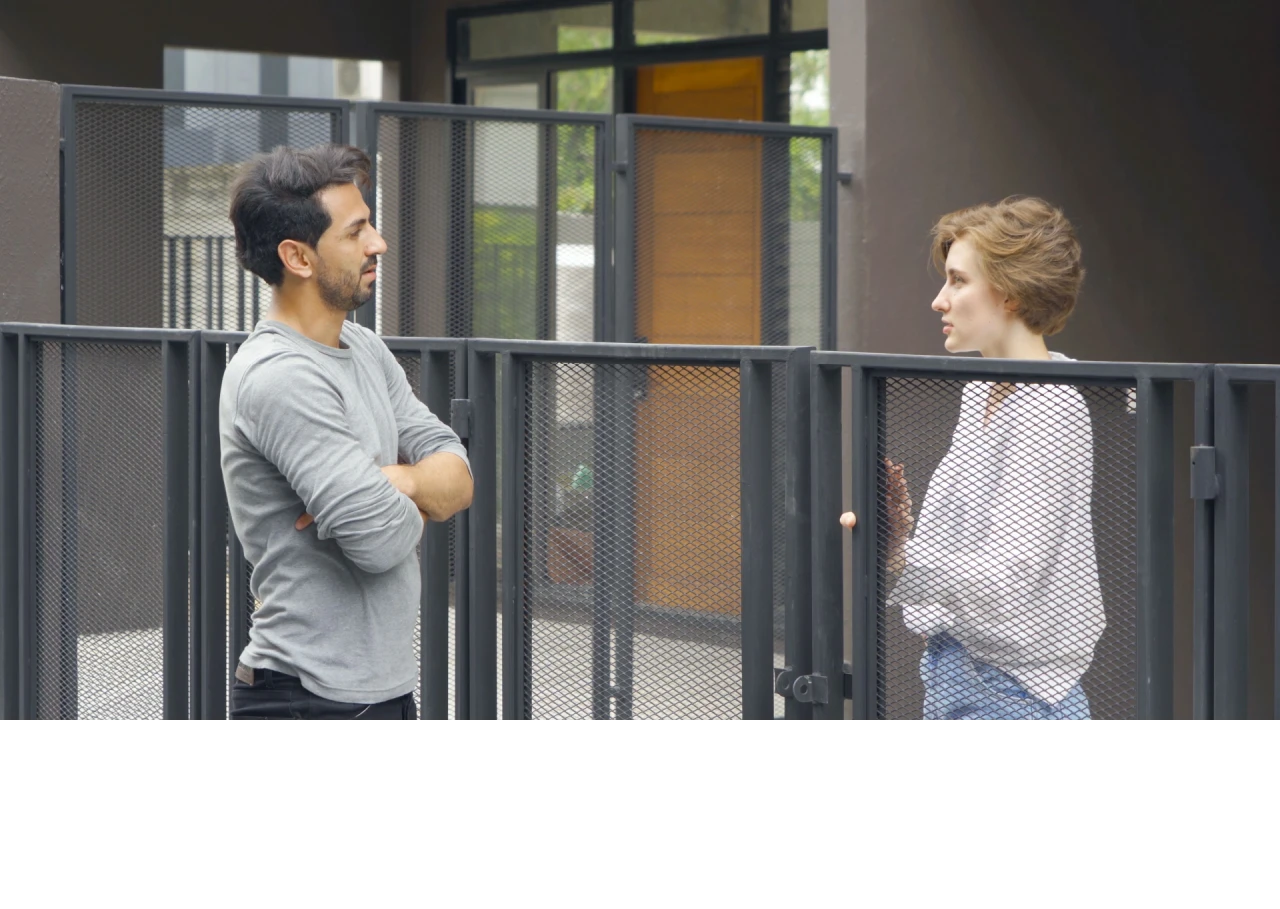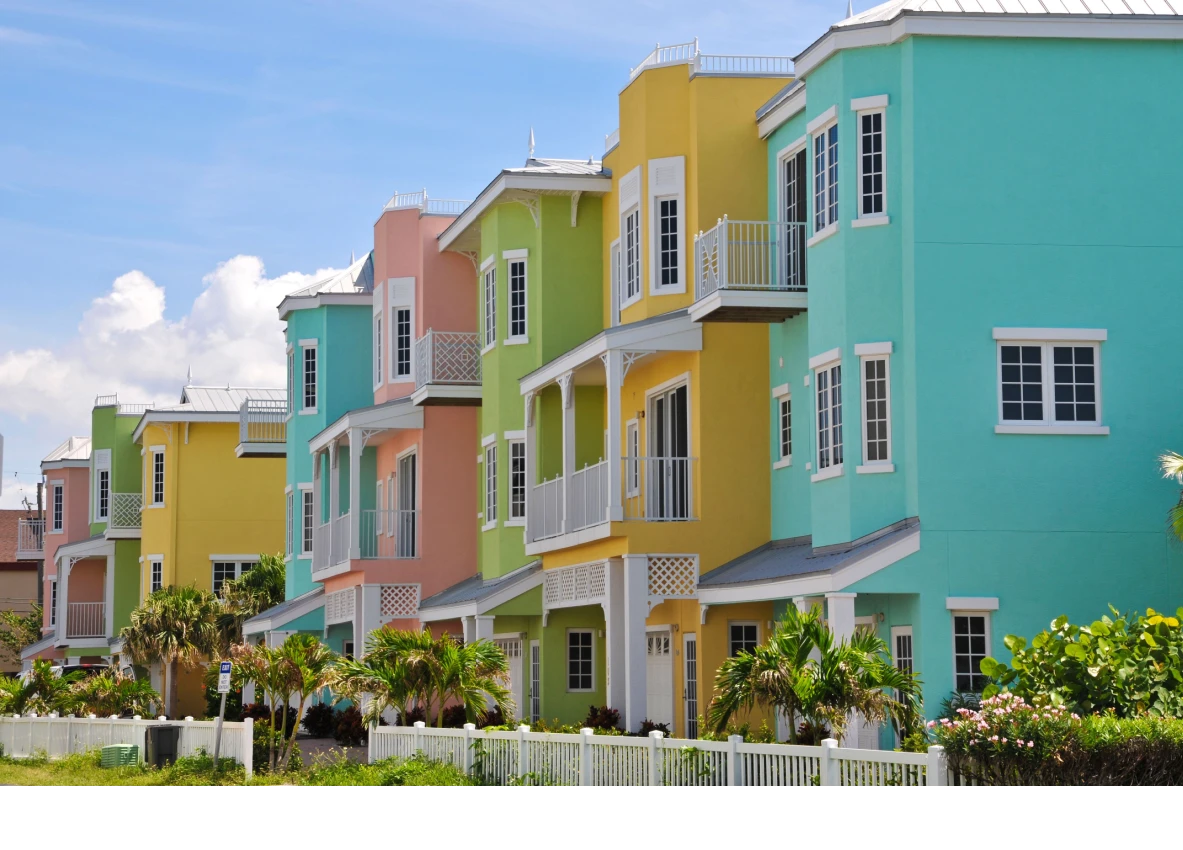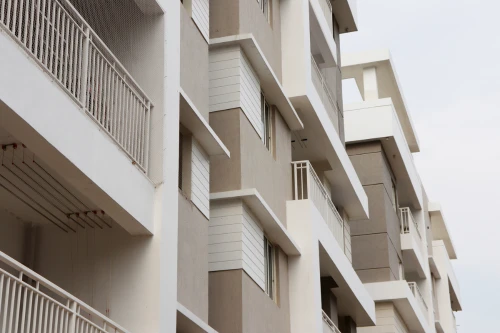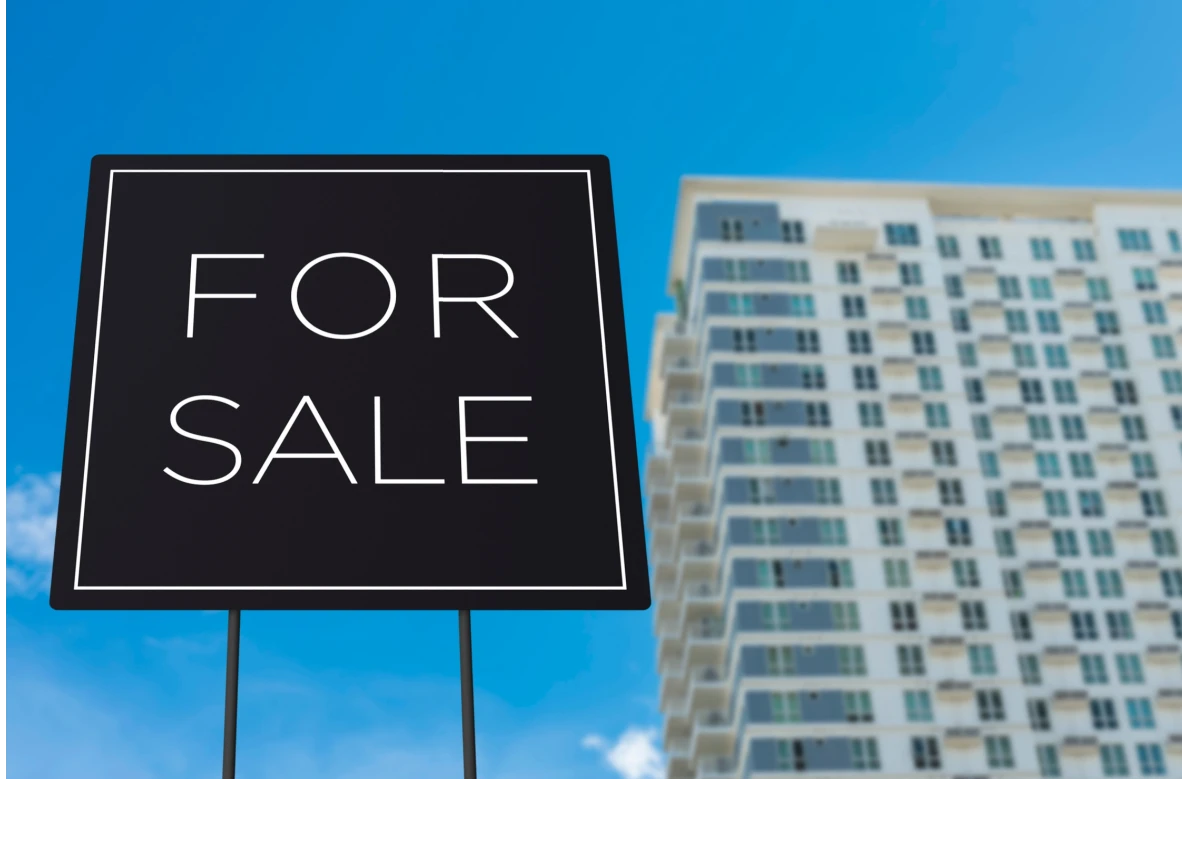Enhances safety and security for your tenants and your investment

Landlords: The Power of Knowing Your Property Neighbors
One often-overlooked but crucial aspect of property management for landlords is the power of knowing the neighbors of the properties you own. Here are 4 steps you can take.
For many, the fear of the unknown is devastating. For landlords, it can be paralyzing. However, getting rid of that fear might be as easy as walking next door.
As a landlord, managing properties isn’t just about collecting rent and maintaining the structure; it’s also about fostering a sense of community.
One often-overlooked but crucial aspect of property management is knowing the neighbors of the properties you own. This practice not only enhances safety and security for your tenants and your investment but also helps create a more cohesive and harmonious environment for everyone involved, including the neighbors.
An Extra Set of Eyes
Knowing your neighbors can significantly improve the safety and security of your rental properties.
Neighbors, especially the nosy ones, keep an eye out for unusual activities or suspicious individuals, acting as an additional layer of vigilance for your investment.
By building relationships with neighbors, landlords can establish a network of trust and communication that helps prevent crime and creates an easy line of communication should an incident occur. Neighbors are also valuable sources of information about the condition of your rental properties.
They can alert you to maintenance issues that might otherwise go unnoticed, such as leaking pipes, overgrown yards, or unauthorized occupants.
This can save you time and money by alerting you to problems before they escalate into more significant issues that could potentially affect property value or the ability to rent the property.
Positive Tenant and Community Relations
Every action you take tells the tenant how much you value them.
When you are familiar with the neighbors and community, your tenants see that you care about more than just the monthly rent payment, and that their well-being is a priority.
Increased tenant satisfaction leads to longer lease periods where they are more likely to renew their leases.
Additionally, knowing the neighbors allows landlords to address any concerns or complaints more effectively, demonstrating proactive management and a commitment to resolving issues promptly.
A strong sense of community, where residents take pride in their surroundings, benefits everyone involved, from landlords and tenants to neighbors themselves.
Practical Steps for Landlords
To effectively get to know the neighbors of your rental properties, consider the following practical steps:
-
Introduce yourself: Take the initiative to introduce yourself to neighboring residents. A friendly conversation can go a long way in establishing rapport and building trust. Leave behind your contact information. Neighbors are a great source for referrals as well, and just might help you find your next tenant.
-
Attend community events: Participate in neighborhood events or meetings to connect with residents and stay informed about local issues and developments.
-
Establish communication channels: Provide neighbors with contact information and encourage them to reach out if they notice any concerns related to your properties.
-
Encourage open dialogue: Foster an environment where neighbors feel comfortable sharing feedback or reporting incidents, ensuring prompt and respectful responses from you or your team.
One Good Investment Deserves Another
Knowing the neighbors of the properties you own is more than just a good practice, it’s an investment in creating safer, more vibrant communities.
By building relationships with neighbors, landlords can enhance security, monitor property conditions, foster positive tenant relations, and mitigate potential risks.
These efforts not only benefit your investment but also contribute to a sense of belonging and mutual support among residents.
Ultimately, landlords who prioritize neighborly engagement are likely to see greater tenant satisfaction, reduced turnover, and increased long-term value in their rental properties.
Source: Rental Housing Journal















 Accessibility
Accessibility